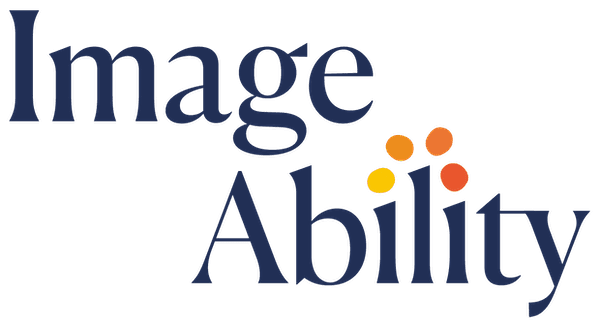CVs and pigeonholes
CVs are great for introducing specialities, but what about background and experience?
Many of us leave our specialities behind as we progress through our careers. However, whether we acknowledge it or not, we carry the lessons learned for the rest of our lives.
In my teens, I was a gold medallist in the national Olympiad, which led me to found a company and build its international reputation. The awards flowed in the early days when we grew the team and solved client problems (we helped deploy GSM networks and train pilots). We won a prize for the best new (digital) map of the year (yes, before the digital giants came on the scene!), but my most unusual award was as ‘The toughest entrepreneur in Europe’ at the time of the dot.com bubble. By then, I had become a true generalist and left my specialisms behind.
Generalist or specialist?
Nowhere has (a lack of) perspective been more striking than during a recent conversation with a corporate HR manager (I hasten to add, not as part of a job interview!) who was struggling to pigeonhole me.
It is understandable: this was the nature of the person’s daily job of selecting, driven by automatic searches and keywords. To come up with a solution while setting perspective aside, together with integrative thinking and judgment.
Having built national socio-economic segmentations for nearly 20 years, we have learned a thing or two about interpreting multi-dimensional data and spotting unexpected (and, often, the most valuable) associations. Data is nothing without the story behind it; it can be totally misleading. In brief, there is no substitute for human judgment and chemistry – even when you have friendly chat robots on your side to do some of the tedious tasks!
So, back to my HR conversation: how did we progress with the pigeonholing?

I did my best to help this HR manager interpret my CV, creating a bulleted list of ‘so what’ for the various lines of functional specialities – highlighting what I thought were the more relevant bits for her to understand me as a whole professional in the knowledge economy. The bullets went something like this:
- Because I specialised and developed a business dedicated to the rigour and science of data analytics and insights, I was able to use what I practised for predicting outcomes after events of structural change (I call them ‘crossroads’)
- Because, for me, leadership is not only about excellence in expertise and intelligence, I choose to use my own experience of integrity, self-determination, innovation, self-expression, curiosity and kindness as an ability to inspire others. (I call it ‘image ability’)
- Because I am a woman driven by human-centric design and have practised customer-centricity from my first and most loved psychology-pedagogical career, I focus on feminine development around mid-life career.
- Because I am free from a big company mindset but have been fortunate to develop extensive experience working with big companies at the board and pan-European levels, I am using my ability to develop new business and relationships with various stakeholders across cultures and domains.
- Because I have always had a passion for results and perspective in education and leadership development, I am now re-framing them for relevance in change and image matters.
- Because I strongly advocate for personal reflection and individualisation, I translate what I do in my new activities into advanced personalisation.
- Because of my interests and business experience, I am innovating at an intersection of personal development, technology, and image to contribute to people, companies and overall economic performance.
I loved the experience with this ‘HR person’ as she had a challenge, and I was on her side to help. But she could not ask me any questions! So, I instinctively thought of all those generalists, multi-hyphenated, talented women and how they would deal with such a situation if they were about to have a job interview with this – or a similar – process-driven HR manager.
If this is you or you know somebody like this ilk, here is my advice: before you go for an interview, practice chats and conversations. Look out for people who ask questions, those who are prepared to problem-solve, and, especially if you are a generalist, find those who can relate to your multi/generalist/hyphenated professional life.
Find people to help you when you get stuck or wish to brainstorm about a new possible direction but without a too neat (or stereotyped) a priori agenda. Those on Boards are familiar with the ever-challenging situation of groupthink – so avoid precisely that but at a personal level. If you meet a professional who might help you step out of your comfort zone, embrace the opportunity to have that conversation. We can all learn from how people solve problems in different, uncharted ways. And unexpected human chemistry might work better than any elaborate ideation or project plan.
But, until you bump into that ‘critical friend’, be prepared for the (overly-structured) HR conversation – and learn how to think for them (not only in keywords!), and help them see what is there rather than what isn’t there.
Remember that, as you progress through life, you acquire experience that may be well outside the remit or (generalist) knowledge of those around you.
Visit our Image Ability store and learn more about how we can help.
